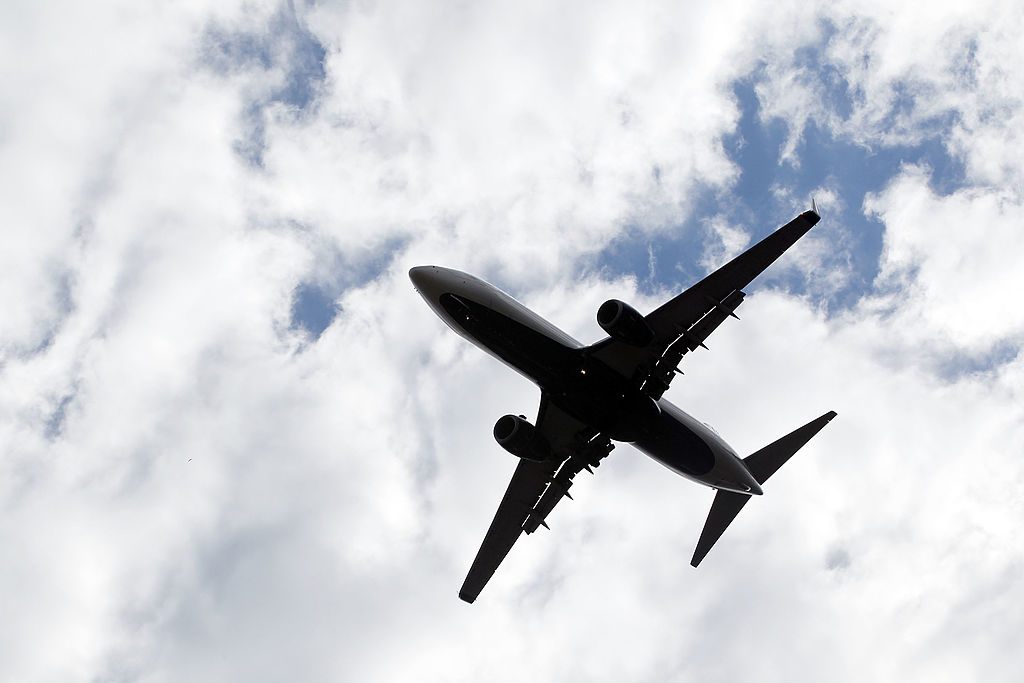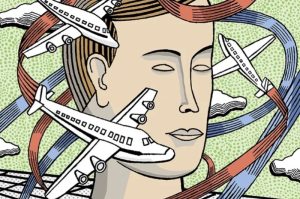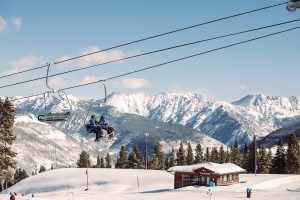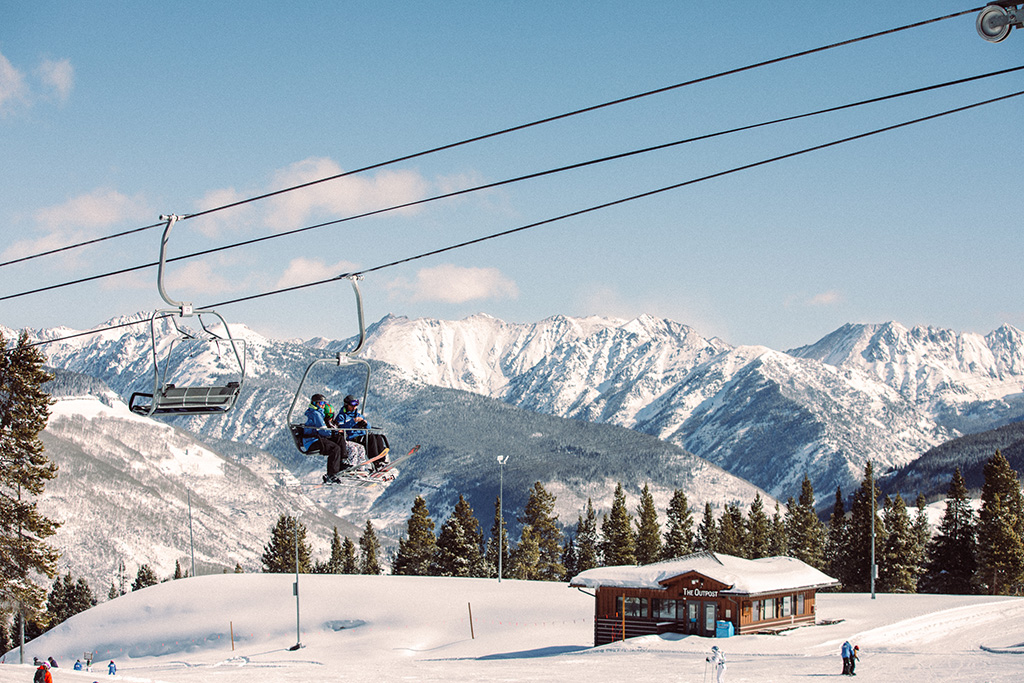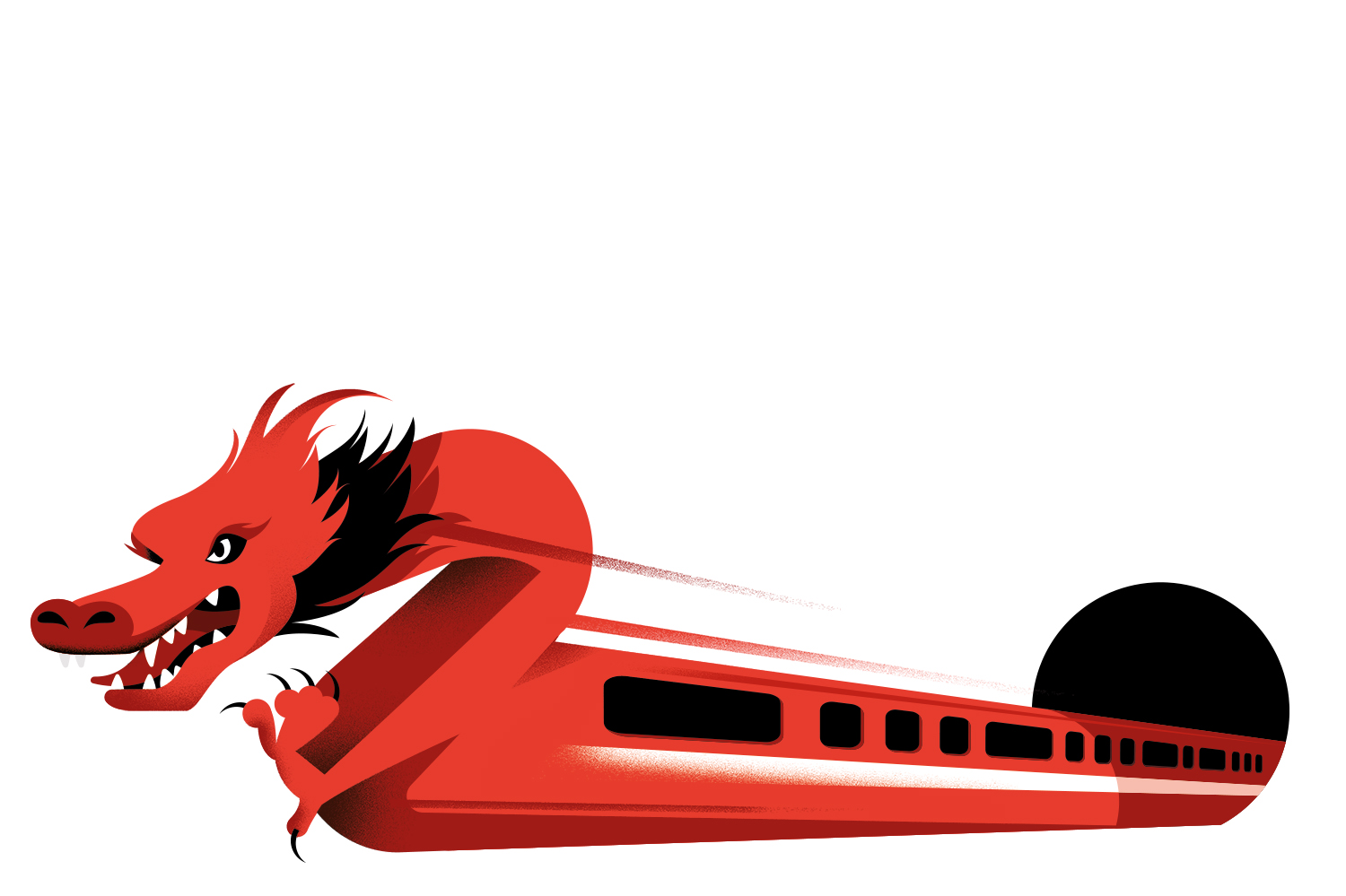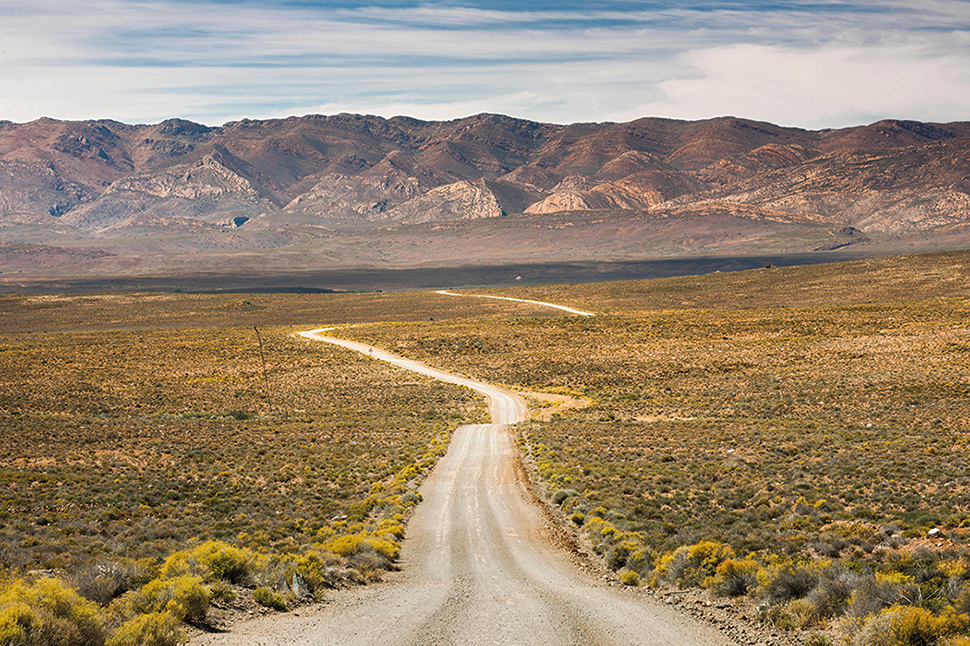There is a lot of talk about “Real America” these days: what it means, who populates it and what those people represent. Is it the “coastal elites” who inhabit the cities? Is it the people in the “flyover states”? The commentators doing the talking and writing about these mythical Real Americans and their concerns are usually very wealthy. At the very least, they’re flying business or first class. Many of them fly private.
To me, Real America is the middle seat in coach. I’ve always loved chatting with people when I travel. (Yes, I’m one of “those people” but don’t worry, I can take a hint.) My ex-husband recently passed away and I was headed home for a thirty-six-hour trip to attend his funeral. Since my flights were all last-minute, I had the dreaded middle seat — but this gave me time to get to know my neighbors.
There was the man headed from Austin back to Louisville. He worked at a clay plant and spent a good deal of the flight talking about the properties of clay and how when you apply certain chemical processes to them they can separate, and coagulate, and do all kinds of crazy things I had no idea clay could do. I also learned the importance of clay to the workability of paint. He explained how it helps with adhesion, resistance and durability. This might sound boring — it wasn’t. It was fascinating and a reminder to me about how little I know about everything. All the little details that go into building a house. All the different industries that make America great.
There was the man who worked for Leidos, best known for the scanners at the airport. He flies every week, all over America and the world, and knows most of the airports like the back of his hand. He offered to guide me to the plane train in Atlanta, the busiest airport in the world. While we walked through thousands of bodies in transit, he told me about his job and how glad he was to be making it home in time for dinner with his family. “That’s all that matters,” he said, as he disappeared into the sea of people.
There was the lovely older woman who was on her way to the Seaglass Association Festival in Mystic, Connecticut. She was headed there with three other girlfriends. They had been taking trips together since “you could find last-minute deals in the newspaper.” We talked about podcasts and she told me her guilty pleasure was anything true crime. I asked her why she thought women were obsessed with the genre and she said, “Maybe the men are too busy murdering?” We both laughed.
I told her I was going home to my ex-husband’s funeral. “That’s weird,” she said. I told her I appreciated that response. It was, indeed, a little weird, and she was perceptive. “I’m an empath,” she explained. “It’s a blessing and curse.” We exchanged emails and she hugged me.
My best friend from high school is a flight attendant. She came to see me during my layover in Minneapolis and brought a care package. “I didn’t know if you had any food. There are also chocolates from France. They’re spectacular,” she said. We caught up over coffee and she promised to come see a show with me in Austin.
On my flight home, there was the woman heading back to Berkeley, California, after her canoe trip in Quetico Provincial Park up near the Boundary Waters in Minnesota. She mentioned that she had been off the grid for several days and came back to all this “distressing news about Trump.” She said she was a Young Adult Fiction novelist and we talked about James Joyce and Joan Didion.
We shared the French chocolate truffles. They were, indeed, spectacular. She talked about her daughters and how they were all sick. She mentioned feelings of survivor’s guilt. I told her we had recently moved from California and she asked me how I dealt with the heat and politics in Texas. “Abbott is a moron,” she said.
Whether I agreed or not didn’t matter. I let her comments about politics slide because up there at 36,000 feet, in Group B on Southwest, we were just two women trying to get to our final destination. I told her I’d pray for her daughters. She said her wish for me was that Austin soon felt like home.
It’s easy to fuel a culture war when you’re disconnected from the earthly concerns of real America. Illness. Finances. Addiction. In our bubbles, we can focus on ideologies and culture-war flashpoints because it’s easier than focusing on the true problems we have.
Real America doesn’t seem to understand that we all have more in common with each another than the multimillionaires inciting us to fight about Bud Light or Barbie. When we’re sitting next to one another on an airplane — packed in like sardines, at the mercy of huge corporations who will fly us around the country — we are all the same, whether we realize it or not.
This article was originally published in The Spectator’s September 2023 World edition.



